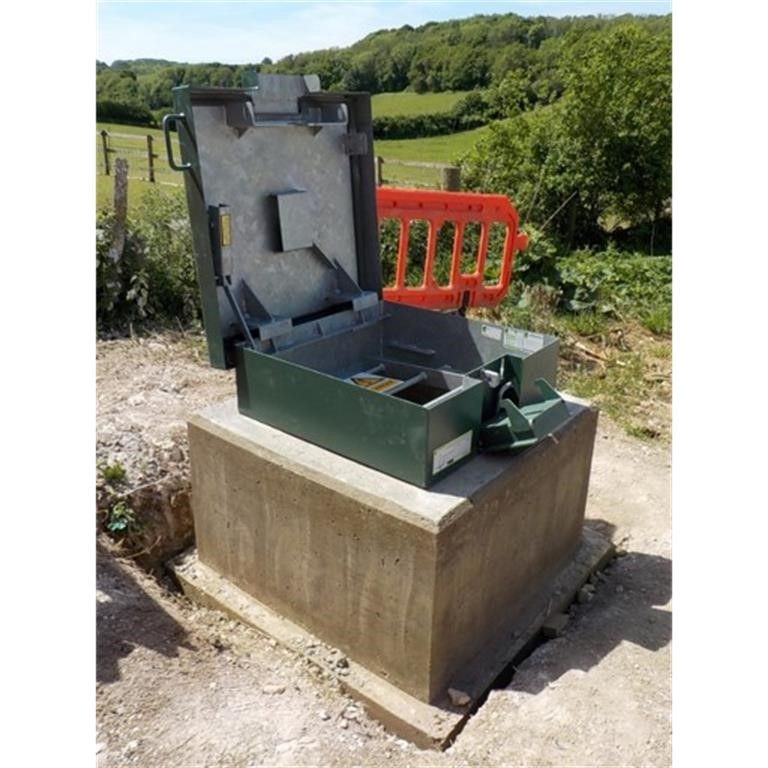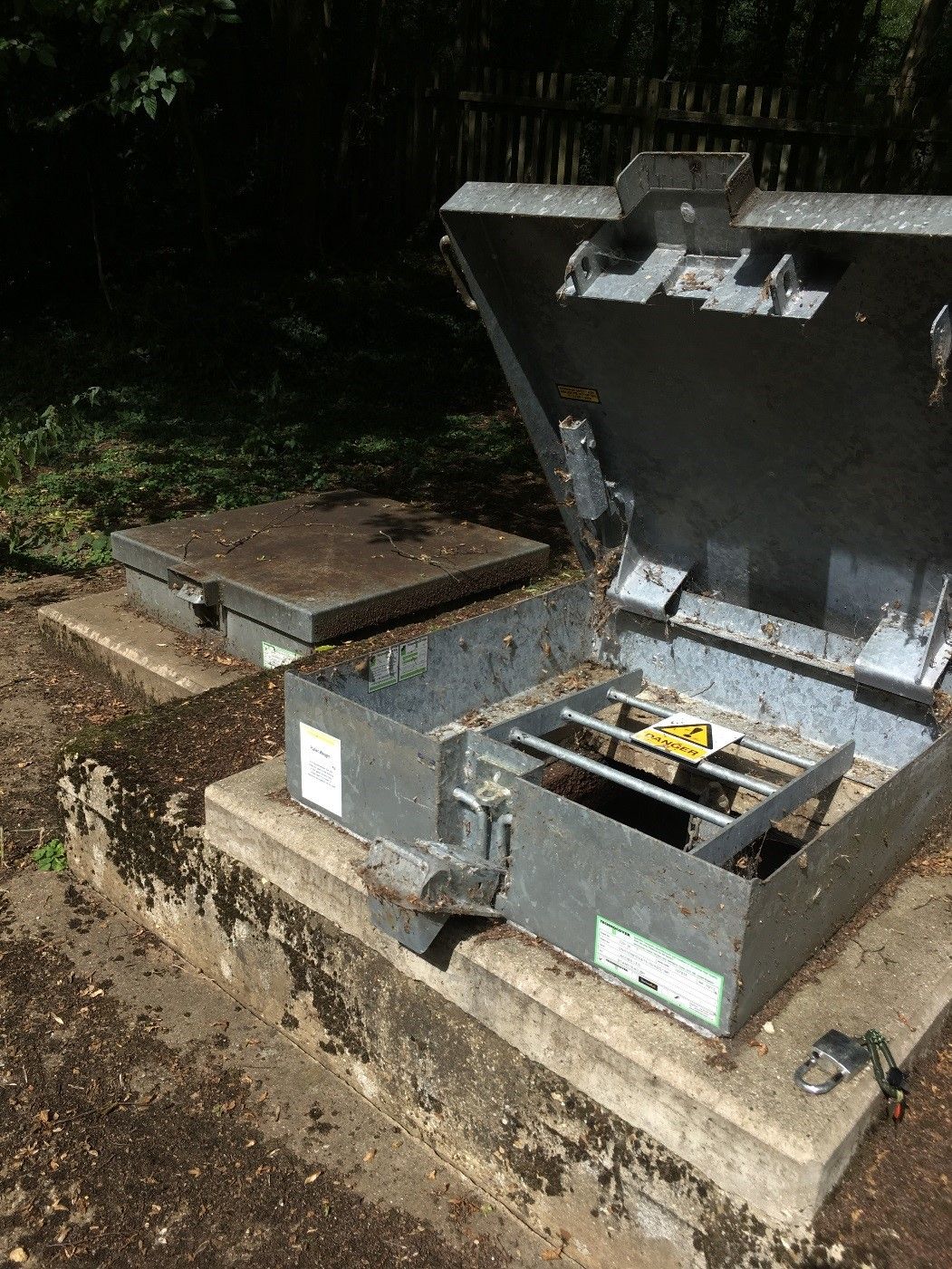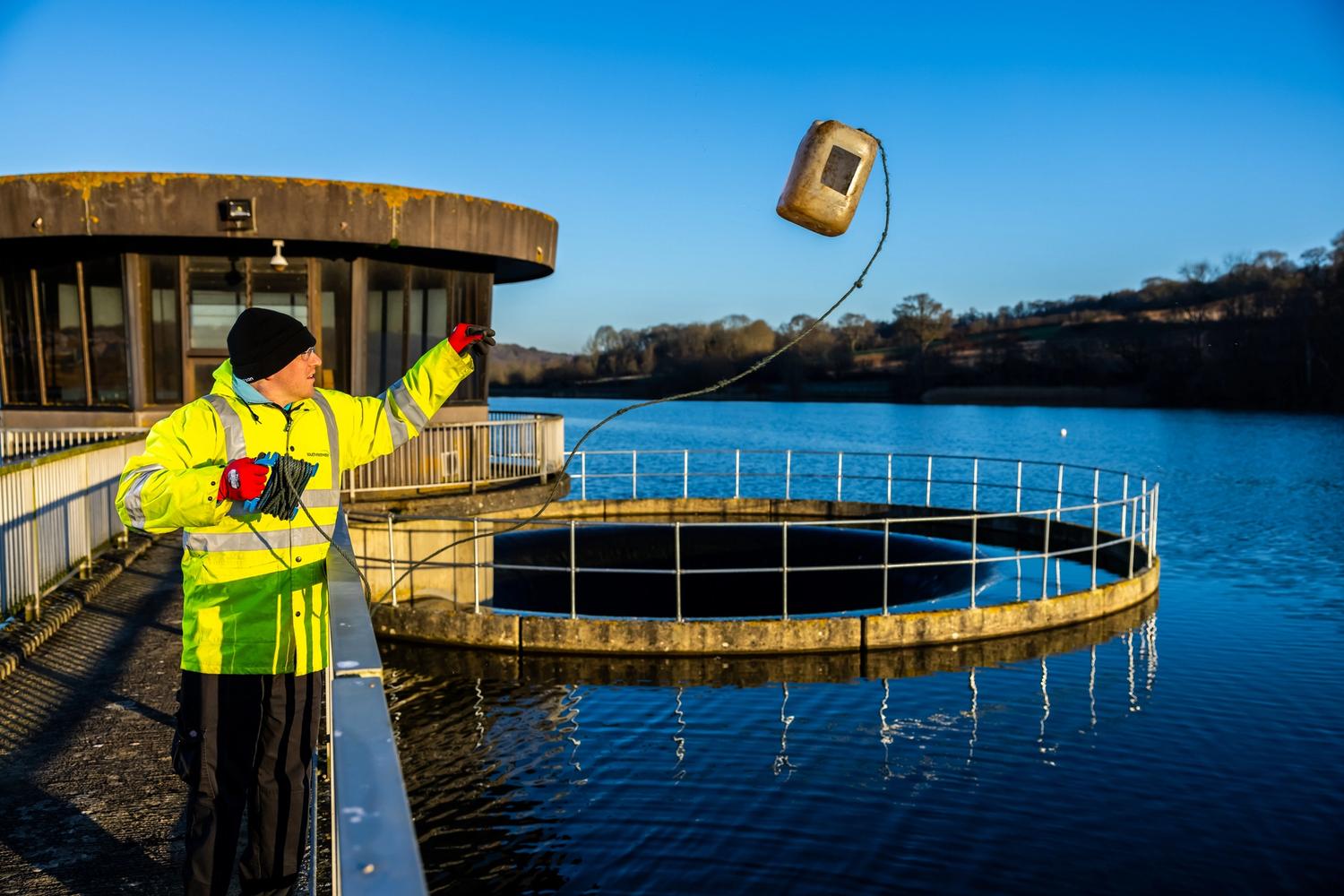Protecting our rivers, flowly but surely
British Science Week is a 10-day celebration of science, technology, and engineering between 08 - 17 March 2024.
One of our many connections with science is our work to protect the environment, particularly the areas we take water from.
We do this in many ways, from working with farmers to prevent harmful chemicals from going into rivers or underground water sources to managing land to slow down river flows.
How do we know what we're doing is working?
Groundwater
This underground water may have travelled through an aquifer and is abstracted through a borehole. It can be found at our water treatment works but is usually in the middle of a field or on farmland.
The water is abstracted by pulling up the cable inside the borehole (up to 100 meters long) until the logger is found at the end. The logger measures how much groundwater is within the borehole and takes a reading every 15 minutes.
Our Environmental Catchment Scientists will check loggers are reading information correctly by measuring the groundwater depth with a tape measure.
This is also a prime opportunity to test the quality of water coming from the borehole. They take a sample by tying a plastic bailer to the logger cable and dip it into the borehole to collect some of the water.
The water sample is then sent to our own laboratories in Hampshire for testing.
The water is abstracted by pulling up the cable inside the borehole (up to 100 meters long) until the logger is found at the end. The logger measures how much groundwater is within the borehole and takes a reading every 15 minutes.
Our Environmental Catchment Scientists will check loggers are reading information correctly by measuring the groundwater depth with a tape measure. This is also a prime opportunity to test the quality of water coming from the borehole. They take a sample by tying a plastic bailer to the logger cable and dip it into the borehole to collect some of the water.
The water sample is then sent to our own laboratories in Hampshire for testing.


Surface Water
Surface water is watercourses that are above ground, like rivers, streams, or reservoirs. It is a little easier to sample the water from these sources, as it can be taken straight from the open body of water.
Our Environmental Catchment Scientists will have various bottles with different lid colours that depict what each sample is meant to test for. The most common thing we test for is substances found in fertilisers from local farms and landowners.

Over time, we use the data collected from these samples to spot trends such as water levels, levels of chemicals in the water, rainfall, and more.
These trends give us insight into the state of the water quality, help us plan resourcing, ensure we meet statutory obligations, and, most importantly, ensure the work we're doing is making a difference.
To see more of the work we do to protect the environment, visit: https://www.southeastwater.co.uk/about/our-environment/
Share this Article: